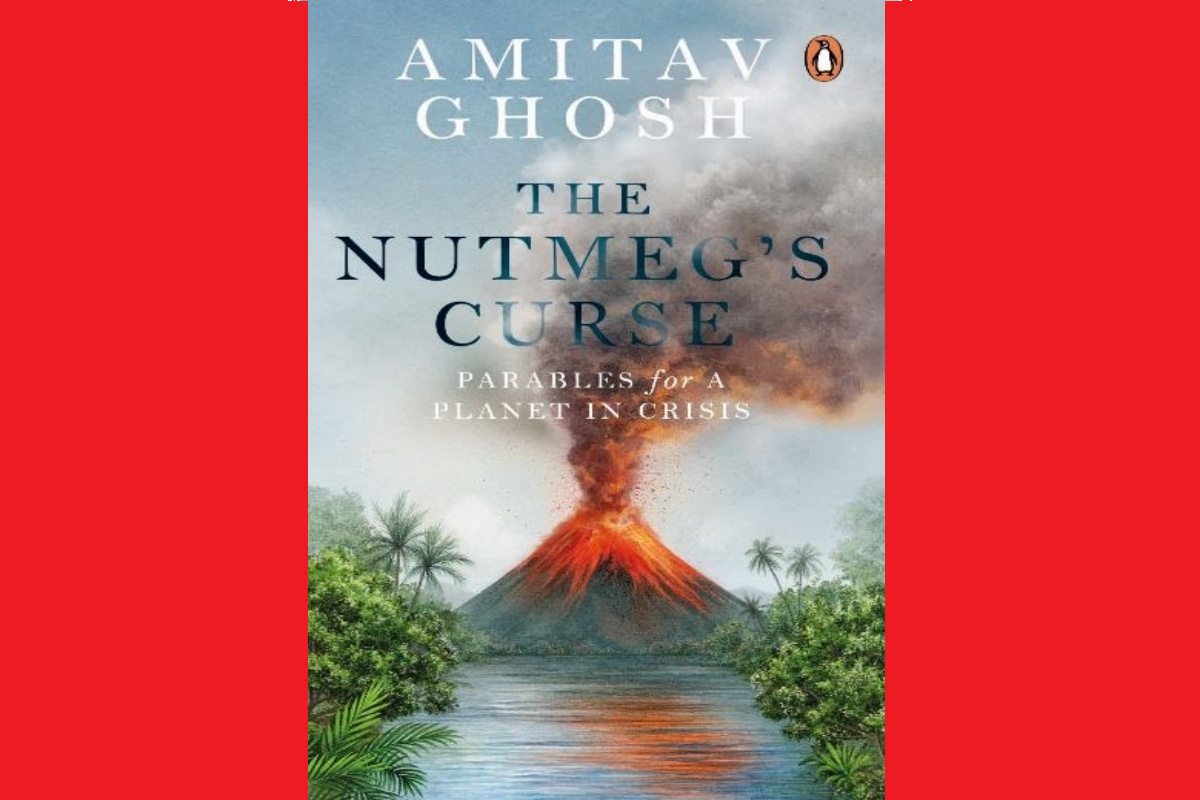Paromita Patranobish teaches at Mount Carmel College, Bangalore. She has a PhD on Virginia Woolf, and has taught in SNU, Daulat Ram College and Ambedkar University Delhi. When not teaching or writing, she loves to spend time with her camera and telescope doing amateur photography and stargazing. You can find her on Instagram: @paromita.patranobish and X: @PPatrnobish
Deities like Shitala represent a specific premodern response to disease. Paromita Patranobish explores what Bengal’s pox goddess could teach us about social ethics in Anthropocene times.
The dystopian universe of Varun Thomas Mathew’s The Black Dwarves of the Good Little Bay (2019) is a prophetic chronicling of crisis as a condition of existence, and the contingency of truth as a mode of knowing or bearing witness to crisis. By Paromita Patranobish
Poetry by Paromita Patranobish: ‘I learned what we / Have always known: / Continuity is the story / We tell ourselves to / Staunch the cracked / And broken skin of time.’
Jerry Pinto’s The Education of Yuri (2022) is an atmospherically saturated, layered accordion, sounding an adventure in scale that simultaneously encompasses the chronicle of a young boy’s coming of age, and a time capsule of Bombay of a bygone era. By Paromita Patranobish
In Vauhini Vara’s debut novel, the story of the eponymous King Rao is part of larger questions of human creativity and meaning in a transhumanist world, where life is data-fied, and sentience, thought, emotion and ethics are mere products of automated and arbitrary calculations. By Paromita Patranobish
In The Nutmeg’s Curse, Amitav Ghosh explores the epistemic gap between Enlightenment modernity’s designation of all nonhuman beings as objects meant to cater to human needs, and the indigenous worldview that identifies these ‘objects’ as active, vibrant, sentient individuals. By Paromita Patranobish
In Daribha Lyndem’s novel Name Place Animal Thing, the effective use of layering of time, space, and cultural practices culminate into a generational arc of south Asian female adolescence and young adulthood. By Paromita Patranobish
Written of a time under armed occupation in the Kashmir valley, Farah Bashir’s memoir Rumours of Spring (2021) entwines the geographical and corporeal, the social and psychological, where the violence of the world remains painfully connected to the violence within. By Paromita Patranobish
Megha Ramaswamy’s What Are the Odds? (2019) is a film unlike any other about Indian young adults, harkening the uncertainty of youth on screen to present an experience that is at once innovative, surreal, and profound. By Paromita Patranobish










Poetry by Paromita Patranobish: ‘A comet catches fire, she knows / It is her plexus exhaling / The ghost of trauma, / This is the closest she will / Come to maternity’